One Second to the Future – Guitar Orchestra
$50.00
“One Second to the Future” by Brent Robitaille is a groundbreaking composition for Guitar Orchestra, combining electric and classical guitars with traditional and experimental techniques to create a mesmerising journey. With its intricate blend of live performance and pre-recorded elements, this two-movement piece pushes the boundaries of sound and technique, inviting listeners into a dynamic journey through time and space.
- “One Second to the Future” is a two-movement piece for either a single or optional double guitar orchestra with four separate parts for electric guitar and classical guitar. Two optional steel string guitar and electric bass parts are available but may be substituted if these instruments are unavailable. The total score will be around 500 measures with a running time of approximately 12-15 minutes. The piece is quite approachable for intermediate-level guitarists, with the more challenging sections arranged for the 1st and 2nd parts of the electric and classical guitar. Three overhead mics from the stage will be used to spatialize the sound into a stereo or surround sound system.
- The first movement starts with a fixed audio shortwave recording from the Canadian time signal shortwave station CHU, gently fading in for approximately 20 seconds before the guitar orchestra begins with natural and artificial harmonics.
- The second fixed audio track gently enters around the 1:00-minute mark. This track was recorded using eight amplified and non-amplified guitars in altered tunings with eight separate microphones to integrate into stereo or surround sound. The guitar's open strings were left to vibrate sympathetically as the volume increased and struck on the headstock with various rubber and metal sticks, violin bows or paint brushes to get the strings vibrating. The resulting wave files were then imported into a sampling program and filtered into the overtone series with “C” as the fundamental, emphasising the first 14 partials. This recording will be used intermittently throughout the first movement, acting primarily as a background pad.
- At approximately 3:00 minutes into the first movement, the players are asked to use a glass or metal slide to tap out rhythms based on the international Morse code. Several other standard slide guitar techniques are also integrated into this section. See instructions in the score. The first movement ends with both fixed audio tracks fading away.
- The second movement integrates a more traditional guitar playing and composition approach. Its bulk is at a robust tempo of 160 bpm and uses several rhythmic and timbral techniques, including sul tasto, sul ponticello, harmonics, golpe, string snaps, and the further use of guitar slides.
- Midway through the second movement, a rallentando proceeds to a section indicated by the tempo mark “slow motion.” At this point, a third fixed audio recording of a single vibrating guitar string slowed down by 3000% will fade in. The orchestra is instructed to play with this recording in slow motion or approximately 30 bpm. See score for details. The orchestra eventually returns to the original tempo to finish the 2nd movement.
Technical Requirements
- Three mono or stereo mics from the orchestra will be required and blended with the stereo or surround sound.
- A standard guitar delay and distortion pedal for electric guitar parts one and two is required.
- Glass and metal guitar slides are required.
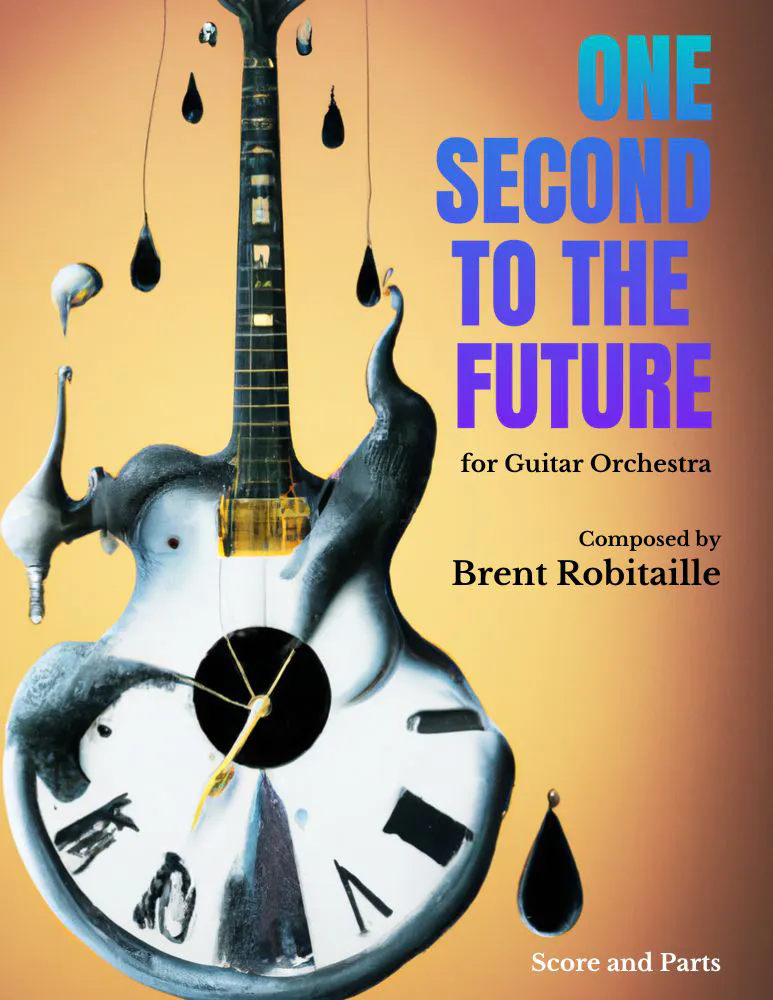




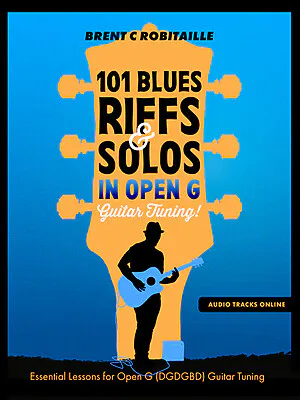
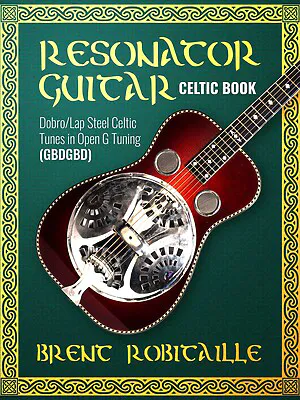
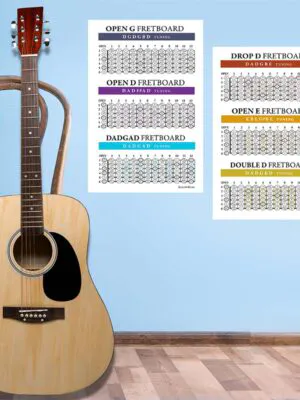
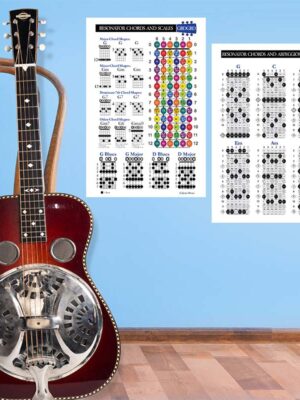
Reviews